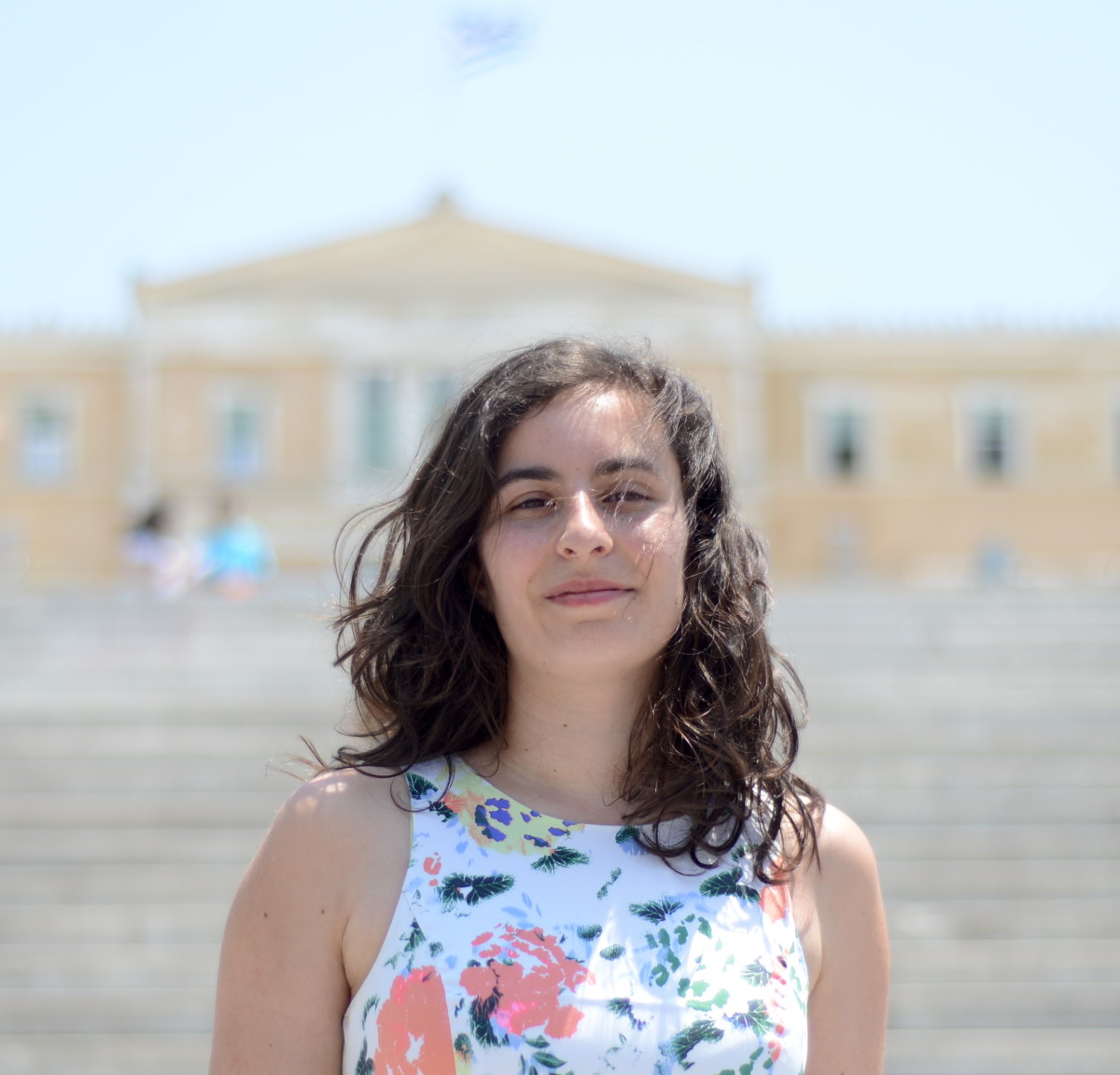NEW LEFT REVIEW
 Catarina Fernandes Martins PHOTO/Catarina Martins
Catarina Fernandes Martins PHOTO/Catarina Martins
Catarina, you coordinate the only party of the left in Europe that exercises an explicit restraining power, in its own country, on the neoliberal imperatives of the eu. Before we ask you about this in detail, can you tell us a little about your personal history, and your route into politics?
I was born a year before the Revolution of 1974, to parents who were both involved in the resistance to the dictatorship, and went on to become teachers in mathematics, in high schools at first and then at the university in Aveiro. When I was six, they volunteered to serve as teachers in the former Portuguese colonies of São Tomé and Cape Verde, out of a sense of revolutionary solidarity with the newly independent states there. We came home when I was nine, and I attended school in Aveiro in the 80s, entering university in Coimbra in 1991. By then I was already quite politicized. The right-wing regime of Cavaco Silva increased university tuition fees, which had been merely nominal since the revolution, making access to higher education much more unequal, and I was active in protests against that in my school.
You took literature and languages at Coimbra?
No, I enrolled to study law, as I thought that would help in the struggle against tuition fees and the like. Since the courses included political economy, I certainly benefited from these. It was there that I discovered Marx, for instance, who was pretty much a closed book for us in school. Coimbra had always been a conservative university, and of course we were taught Adam Smith, Ricardo and the rest, but in the law faculty there was a Communist economist, António de Avelãs Nunes, who really made me understand Marx for the first time. But fairly soon I was caught up in drama projects, and so I switched to languages and literature—if you want to read Shakespeare you have to know English. In modern drama, I got to know the work of figures like Augusto Boal, the Brazilian creator of the Theatre of the Oppressed, and Artaud’s Theatre of Cruelty.
The troupe you entered called itself Companhia de Teatro de Visões Úteis—what were its ‘Useful Visions’?
We did a lot of different things. We were a diverse group of people, and different projects were directed in different ways. I was very involved in the most political projects, and others, which included staging classic dramas like Ibsen’s Enemy of the People, but also working with communities that normally take no part in cultural activities and have no contact with art. We worked in prisons, in remote villages, in the poorest neighbourhoods of Porto and other cities. We wanted to relate to what was going on here and now. That was our vision of something useful we could do, to help make art a tool for everyone, not just what occurs in theatres. Of course, we also worked in traditional theatres, the National Theatre and others, and that was a huge part of our aesthetic education, learning from leading Portuguese directors. That was good. What made us distinctive was our attention to the here and now, and belief that art should be for everyone.
You wrote plays of your own?
That too.
New Left Review for more